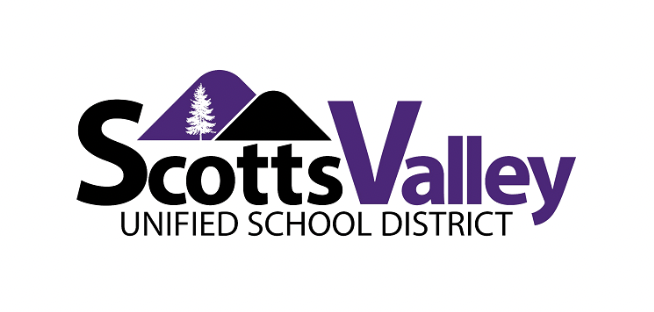
Scotts Valley Unified School District ethnic studies course teaches students that capitalism, heterosexism, and ableism are ‘systems of oppression and forms of oppression’; requires students to participate in one event with a local activist organization.
Incidents
Scotts Valley Unified School District’s ethnic studies course includes students developing a “critical consciousness,” understanding that capitalism, heterosexism, and ableism are “systems of power and forms of oppression,” and requires students to participate in at least one event with a local activist organization. This single semester course approved on February 7, 2023, will be required for students of the graduation class of 2026-27.
The course syllabus states that ethnic studies courses “operate from the consideration that race and racism, white supremacy, colonialism, settler colonialism, and intersectional marginalization have been, and continue to be, profoundly powerful social and cultural forces in American society.”
The required course will have students “investigate and analyze the historical factors of power and privilege and the subsequent impact on historically disadvantaged groups’ ability to navigate and mitigate internal and external structures that influence their human experience.”
The first unit states that students will develop a “critical consciousness” that “can lead to personal and collective agency where student engagement in changing oppressive structures both within schools as well as the community.”
Students will focus on the “experiences and histories” of groups that “have experienced, survived, and resisted settler colonialism, racism, white supremacy, cultural erasure, and other patterns, structures, and systems of marginalization and oppression.”

The second unit for the course states that it is “important to remember that because of colonial/imperial hegemony, students often have little knowledge of their own historical legacy.” Students will “investigate the social construction of race and its impact on systems as well as patterns and practices of oppression that influence the lives of communities of color” and “learn about racial microaggressions.”
The third unit titled “Systems: Four I’s of Oppression” states that “anti-racist and decolonial pedagogy requires that students study the positionality of their people din the social hierarchy of the United States.” The students will “study the historical and contemporary effects of imperialism, racism, linguicism, seism, heteropatriarchy, heterosexism and other forms of discrimination” and will also study “forms of oppression.”
The unit “understandings” include students being able to “understand and critique the relationship between white supremacy, racism, anti-Blackness, anti-Indigeneity, xenophobia, patriarchy, cisheteropatriarchy, capitalism, ableism, ageism, anthropocentrism, and other forms of power and oppression.”
Students will also “understand the importance of continuously analyzing and assessing the impact of systems of power and forms of oppression, including: empire, white supremacy, white supremacist culture, racism and its specific forms of antiBlackness, anti-Indigeneity, anti-Asian hate; xenophobia; linguicism; patriarchy, cisheteropatriarchy, capitalism; misogyny, heterosexism, transphobia, classism; ableism; sizeism/anti-fatness; ageism; anthropocentrism.”

According to the ethnic studies course Scope and Sequence, one of the suggested unit activities is for students to “investigate and analyze film portrayals of Latinos, African Americans, and Asian Pacific Islander Desi Americans in movies and television shows based in Los Angeles (e.g., NCIS: LA, Lincoln Lawyer, Training Day, etc.).” Students will then “select and analyze examples of contemporary stereotyping in popular culture to understand how stereotypes are reproduced and maintained.” Then students will “write a 1,500-word essay which addresses the following question: How does the practice of racially stereotyping people of color in television and movies negatively impact these marginalized communities by affirming concepts of essentializing, hegemony and oppression?”
The fourth unit features students studying social movements from the 1950s to 1970s focusing on the idea that “system changes occur when people unit, mobilize and organize in coordinated resistance to disrupt and dismantle inequitable systems.” The unit will situate the curriculum in “social movements (local, national and global) reflects the Freirean concepts of education as liberation.”

“Enduring understandings” for the unit include students understanding that “change can only occur when marginalized people unite, organize, and mobilize social movements that fight racism and injustice” and that “white supremacy and related power structures concede nothing without demand and resistance.”

The unit scope and sequence “features groups “authentic activities and assignments” column features groups such as the Black Panther Party, Angela Davis, George Jackson, the Brown Berets, the Black Lives Matter Platform, and CAIR.
As a culminating project for the course, students will “create a demographic profile of the neighborhood, conduct an oral history with an activist from a local community organization and participate in one event important to that organization,” students will then “write a 1,500 word report or essay summarizing their experience and responding to the following question: How does gaining a better understanding of local community organizations help young people in being part of successful social movements?”
Stay Informed
